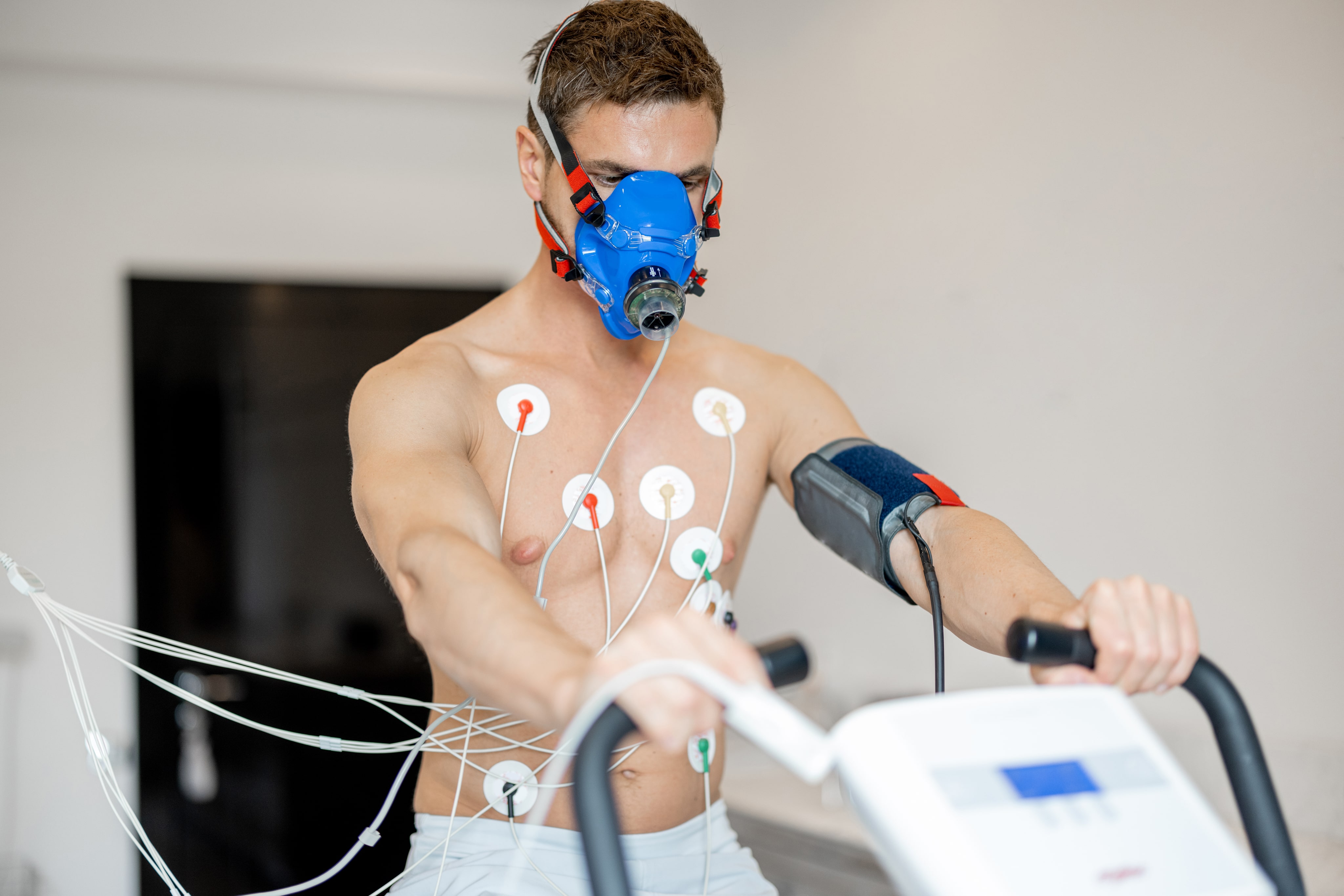A Guide to Cardiovascular Diagnostics in Tampa, Florida
Posted by: Tampa Cardio
On: November 1, 2023

Taking care of your cardiovascular health is of the utmost importance, and getting the right diagnostic tests is the first step toward ensuring your long-term well-being. At Tampa Cardiovascular Associates, we’re dedicated to providing our patients with state-of-the-art equipment and procedures that are convenient and comfortable. In this blog post, we’ll go through some of the diagnostic tests available at our offices to help you better understand what to expect.
EKG Testing:
An EKG, or electrocardiogram test, is a non-invasive test that checks for heart problems by measuring electrical activity in the heart. The test is painless, quick, and doesn’t require any preparation. You’ll be asked to lie flat on your back while sensors are placed on your arms, legs, and chest. The test typically takes less than 10 minutes to complete, and it can help detect issues such as heart palpitations, arrhythmia, and some types of heart disease.
Echocardiography:
Echocardiography is a non-invasive test that uses ultrasound technology to examine the heart’s structure and function. The test is painless and takes between 30 to 60 minutes. A technician will apply gel to your chest and use a small, handheld device called a transducer to capture images of your heart. It can help detect heart valve problems, structural abnormalities, and other heart problems that EKG testing cannot.
Stress Testing:
A stress test, also known as an exercise stress test, is used to evaluate how your heart responds to physical activity. The test involves walking on a treadmill or riding a stationary bike while being monitored with an EKG. This test can help detect heart disease, irregular heartbeat, and artery blockages. Before the test, you may need to avoid food or drinks for several hours, and your doctor may ask you to stop certain medications.
Holter Monitor:
A Holter monitor is a small, portable device that monitors your heart rhythm continuously for 24 to 48 hours. This test helps detect heart rhythm disorders that aren’t always apparent in an EKG taken during a routine medical appointment. During the test, you’ll wear the device, which is a small black box attached to your clothing with wires connected to small sensors placed on your chest. You can wear the monitor while you go about your daily activities and record symptoms, such as dizziness or palpitations.
Cardiac Catheterization:
Cardiac catheterization is a more invasive procedure that involves inserting a thin tube into a blood vessel in your arm or leg, which is then guided to your heart. The catheter is used to inject dye into the blood vessels of the heart and take pictures of the heart’s arteries and chambers. This test is used to diagnose coronary artery disease, valve disorders, or heart defects.
In Short:
Taking care of your cardiovascular health is essential for a long and healthy life. At Tampa Cardiovascular Associates, we provide our patients with the best diagnostic tests available, which are both comfortable and convenient. If you’re experiencing any signs of heart disease or want to maintain optimal cardiovascular health, we encourage you to schedule a visit with us and let our experts give you the peace of mind you deserve. Remember, detecting heart disease early on can save your life.
Visit www.TampaCardio.com to learn more or give us a call to schedule or if you have questions we can answer. 813-975-2800.
Posted by: Tampa Cardio
On: 01/11/2023
